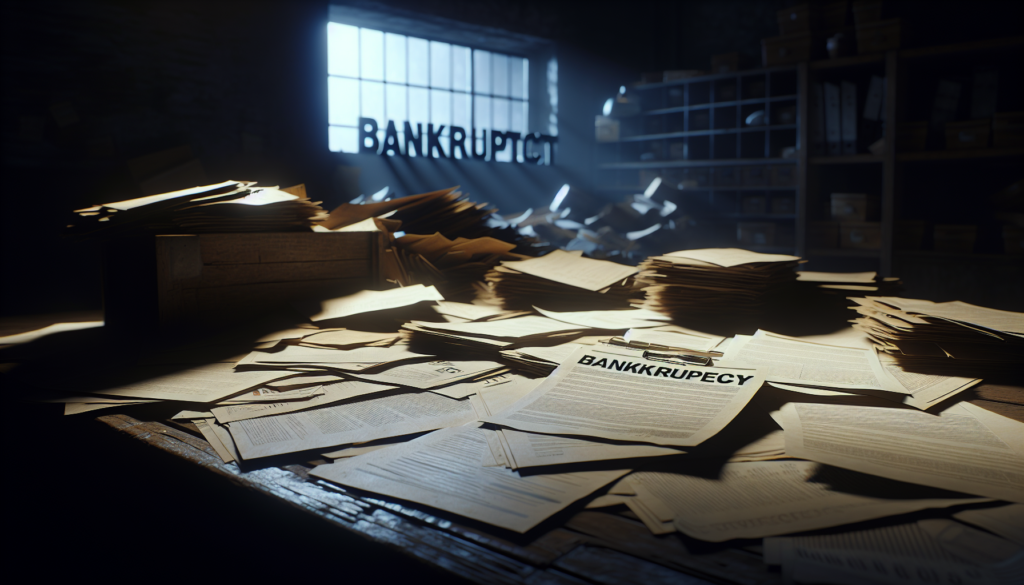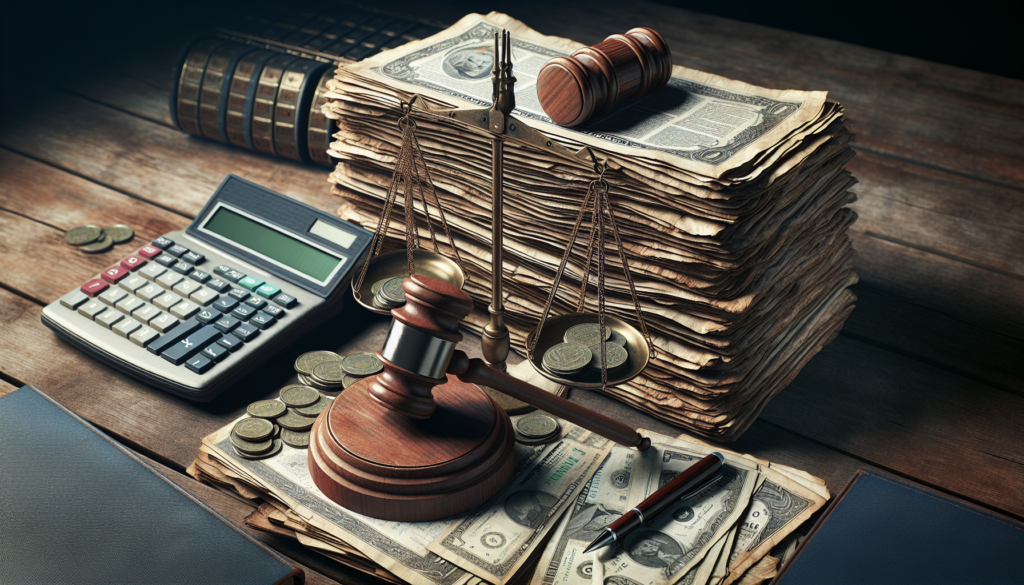
Filing for bankruptcy without an attorney, known as filing “pro se,” can be particularly challenging due to the complexity of bankruptcy laws and procedures. While it’s legally permissible to do so, individuals often encounter pitfalls that can have significant consequences on the outcome of their bankruptcy case. Here are the top three mistakes people make when filing for bankruptcy without an attorney:
-
Incorrectly Filing Forms or Providing Incomplete Information:
- Complexity of Forms: Bankruptcy involves numerous forms that require detailed financial information. Pro se filers often make errors or omissions on these forms, either by misunderstanding what’s required or overlooking necessary details.
- Consequences: Incorrect or incomplete forms can lead to the dismissal of the bankruptcy case, delays in the process, or even allegations of bankruptcy fraud if inaccuracies are perceived as intentional.
-
Failing to Understand and Apply Appropriate Exemptions:
- Exemption Errors: One of the critical aspects of filing for bankruptcy, especially Chapter 7, is correctly applying exemptions to protect assets. Many pro se filers struggle to understand which exemptions are applicable in their state and how to apply them correctly.
- Asset Loss: Incorrect application of exemptions can result in the unnecessary loss of assets. For example, a filer might inadvertently surrender property to the bankruptcy trustee that could have been protected under the correct exemption.
-
Not Comprehending the Full Scope and Impact of Bankruptcy:
- Lack of Legal Guidance: Without an attorney, filers may not fully understand their rights, the implications of bankruptcy on different types of debts, or the long-term consequences of a bankruptcy filing.
- Debt Discharge Issues: Pro se filers might not correctly differentiate between dischargeable and non-dischargeable debts, leading to surprises post-bankruptcy. For instance, they might assume all debts will be wiped out, not realizing that obligations like certain taxes, student loans, or alimony and child support are typically non-dischargeable.
- Case Dismissal: A lack of understanding of the bankruptcy process and legal requirements can lead to mistakes that result in the dismissal of the case. For example, failing to attend the mandatory 341 meeting (meeting of creditors) or not completing the required debtor education course can lead to case dismissal.
While it’s possible to file for bankruptcy without an attorney, the risks and potential for costly mistakes are significant. The complexity of bankruptcy law and the high stakes involved in terms of financial impact and legal consequences make it advisable for most individuals to seek the assistance of a qualified bankruptcy attorney. An attorney can provide guidance, ensure compliance with all legal requirements, and help filers make informed decisions to achieve the best possible outcome in their bankruptcy case.


Get a Free Bankruptcy Case Evaluation